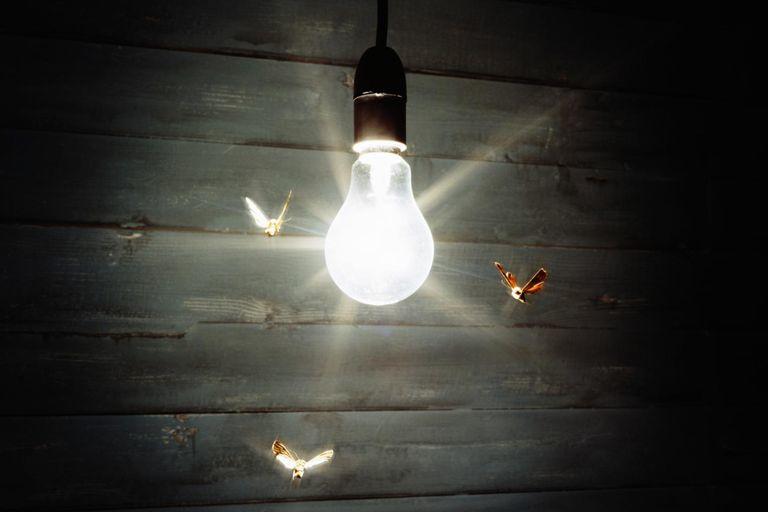Earth Day, TrueDark® and Your Lighting
Shining a Healthy Light on Earth Day

Earth Day
Happy Earth Day! In honor of preserving this Earth, we’d like to call attention to the ways in which light can negatively impact humans and animals. We’d also light to share how you can truly make an impact by utilizing healthy light and being mindful of WHEN you use it.
Studies show that the blue light found in most artificial light sources has biological and physiological impacts on humans, animals, and even plants. While the lighting revolution has prolonged the hours of light ready available to humans and essentially changed how our society functions, there are some serious downsides to consider. The increased levels of light pollution and sky glow (luminance of the night sky, apart from natural light sources such as the Moon and visible stars) in night-time environments threatens entire ecological systems and makes it much more difficult (and often impossible) to see the night sky clearly.
Animals truly do have a hard time with unnatural lighting.
Birds, for example, rely on the moon and stars for navigation when they migrate. With the extended hours of light in today’s offices, it’s unfortunately a lot more common for these birds to collide with brightly-lit skyscrapers at night.

Turtle populations have also notably plummeted over the years, partly because of urban lighting that disrupts nesting sites. Hatchlings use moonlight reflecting off waves to guide them towards the water. With the overabundance of urban lights, and tourists running on beaches with flashlights, many turtles either head inland or move toward the water at the wrong time — into danger nonetheless. In fact, researchers have found that 1 in 3 turtle hatchlings move toward city lights rather than the sea.

When overexposed to artificial lighting, particularly at night, insects suffer too. They are attracted to the bright white light will end up circling street lights instead of pollinating or procreating, which can either directly kill them or cause them to become easy prey for predators. Florida’s Fish and Wildlife Conservation Commission states, “Even one artificial light source can disrupt normal flight activity, long distance migrations, or even attract insects that don’t normally move from their habitat.”

As for human health, both physical and mental health are affected by light pollution. Studies (from Harvard and the University of Toledo) show that overexposure to blue light (especially at the wrong times of day) can result in higher risk of chronic illnesses and diseases — such as heart disease, diabetes, depression, mood disorders, insomnia, weight gain, and even different types of cancer. Why? Because blue light, or junk light, causes your body’s natural circadian rhythm to get thrown off course. In other words, rather than following cues from the sun to regulate bodily functions, you’re body is essentially in a state of jet lag. You need natural blue light from the sun during the day, but as the sun descends, your body should naturally begin producing melatonin so that you can prepare to rest for the evening. The key here is that blue light directly influences the body’s ability to produce melatonin production at night, which typically results in having a harder time falling asleep and getting high quality rest. Lack of sleep makes people irritable, and affects one’s ability to show up in the world as their best self.
So, what can you do to protect yourself, wildlife and the environment around you? First, try to turn down the lights as the sun descends below the horizon. Be mindful of the lighting outside of your home so that you don’t disrupt the animals and insects nearby. There are wildlife-friendly lighting options available, red bulbs are the most ideal to purchase because red has a very short wavelength and doesn’t travel very far. As you’re winding down for bed at night, try to limit your usage of digital devices that have bright LED screens and dim the lights in your bedroom. You could even cover the pesky little blue and green power source lights on your tv, computer monitor or power cords to help darken your bedroom. Blackout curtains are also highly encouraged to prevent light exposure from the streets lights outside of your window from entering your bedroom at night. A cave-like room at night will help you sleep better at night and perform better during the day. 🙂

